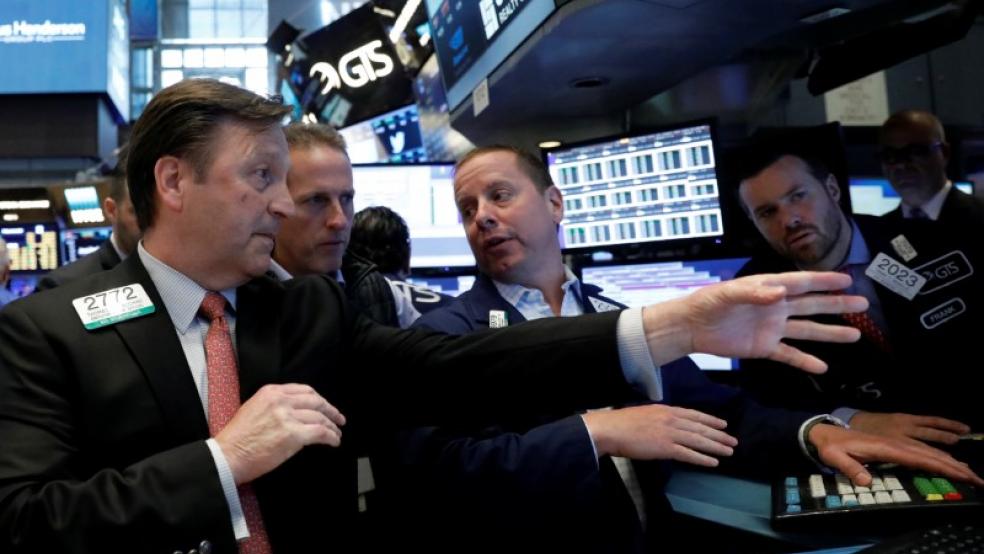WASHINGTON (Reuters) - U.S. banking lobbyists said on Wednesday they disagree with presidential candidate Donald Trump's call for a wholesale repeal of President Barack Obama's financial reform law, even though they share his view that it is overly burdensome.
U.S. banks do want changes to the 2010 Dodd-Frank law but after spending millions of dollars to bring themselves into compliance with it, they are wary of Trump's call for it to be essentially scrapped.Trump, the presumptive Republican presidential nominee, vowed on Tuesday to dismantle most of the law. "Dodd Frank has made it impossible for bankers to function," he told Reuters in an interview.Richard Hunt, head of the Consumer Bankers Association, a Washington trade group, said he appreciated Trump's interest in changes to the financial regulatory system. "It certainly needs some perfecting," he said."To have an outright repeal of Dodd-Frank I don't think would serve the banking industry or consumers," Hunt said, adding that it would create a messy regulatory environment. For instance, he said repealing Dodd-Frank would end the Consumer Financial Protection Bureau, which was created by the law, and it would be unclear which agency would take over its oversight of consumer products such as mortgages. The wariness within the industry about gutting Dodd-Frank came as critics of Wall Street slammed Trump's proposal as a gift to big banks.Congress passed Dodd-Frank in response to the 2007-2009 financial crisis. In addition to creating the new consumer agency, the law restricted banks' ability to make risky investments and gave regulators new power over Wall Street executives' pay.In addition to seeking legislative changes to Dodd-Frank, the U.S. financial industry has spent much of the last six years wielding its clout in a quieter way by trying to push regulatory agencies to implement the law in ways they consider manageable.Banks still want tweaks to the rules, such as simpler capital requirements - which limit banks' reliance on debt for funding - and carve-outs from the toughest rules for small- and mid-sized institutions.There could be risks for the banking industry should Trump or a Democratic successor to Obama push for a reopening of Dodd-Frank following the Nov. 8 election. Anger at Wall Street has been a potent theme in the election so far and resonates strongly with both Democratic and Republican voters. One reason banks fear pushing for a complete overhaul of the Dodd-Frank law is the possibility that it could be replaced by even tighter regulations, said Jaret Seiberg, a policy analyst with Guggenheim Partners, in a note to clients on Wednesday.For instance, some bank critics on both sides of the political spectrum have called for replacing Dodd-Frank's litany of regulations with much tougher restrictions on banks' debt."The odds favor Trump's solution being even more onerous for large financial firms than the status quo," Seiberg said. A source who has advised banks on regulatory issues told Reuters that Trump's scathing critique of Dodd-Frank far overstated the problems with the law."Most thinking people in the industry would dispute these characterizations," the source said. "Are some pieces of Dodd Frank problematic? Yes. But there is, on balance, more good than bad." Former U.S. Representative Barney Frank, a Massachusetts Democrat for whom the law is named, said Trump's comments could backfire because of voter antipathy toward Wall Street."He says he'll be enemy of Wall Street, and he's giving Wall street what it most wants," Frank told Reuters. (Reporting by Emily Stephenson, additional reporting by Suzanne Barlyn, Ross Kerber and Lawrence Delevingne; Editing by Caren Bohan and Ross Colvin)Wall Street bearish on Trump's call to scrap financial reform law

Shannon Stapleton



